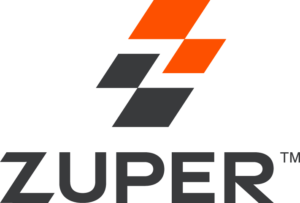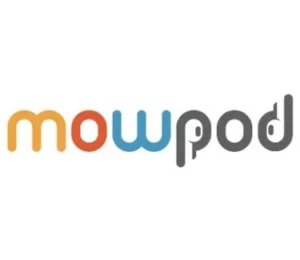Engineering’s role in a marketing go-to-market plan
Mark Donnigan
Growth Stage Marketing
- Part 1Go-to-market growth process
- Part 2 Engineering’s role in a marketing go-to-market plan
Show Notes
Quotes
-
“My takeaway from yesterday is that most people think about Go-To-Market, you mentioned that it is like a flywheel. The fundamental principles of marketing is you have to have awareness, get some engagement, contact information, and hopefully be able to retain and sell.” -Ben “Going through that flywheel which is not a linear journey, the way to get that flywheel started is really understand who your customers are so when you actually go out and drive awareness and get that initial engagement, you understand what to say to the people you are trying to reach.” -Ben “It’s not as simple as just doing your homework, understanding your customer a lot goes into building the Go-To-Market strategy from a product to a marketing to an analytics process.” -Ben “I have a lot of experience working with engineering as part of Go-To-Market process because I primarily worked with technical founders, and usually these are sales where we are coming to market with a solution that there is a need but maybe that need is not fully identified, or in some cases we are looking to build sufficient awareness for the need so that there’s a reason to buy.” -Mark“Of course the technical founders understand what they built really well but they don’t know who the buyer is. Deep inside the organization, nowadays, you do not sell to a function. Even if the budget is controlled by the CTO, they are almost never actually the ‘buyer.’ In many technical sales and B2B sales context, there are many subject matter experts in the area where the company is planning to make a purchase decision and they usually sway the buying decision.” -Mark“The second thing is, I often findthat technical founders don’t really know what the need of the market or the buyers who are going to consume their product is. And if they don’t have a clear understanding of that then it is going to be very difficult when we go into a selling context because we’re just going to be missing messages and not be connected.” -Mark“The third is, if you don’t know the beneficiary of the solution is, you can also find yourself in a situation where you have an amazing sales process going and then all of a sudden, the opportunity is gone. Almost always what happened was, when it all came down to, again the CTOs, signing that PO, the real beneficiary was not the person we are talking to.” -Mark“There is a shared dynamic between who is signing the check and who is actually using the tool.” -Ben“I really liked that you called the operator as a function because I also find that the operator in certain contexts can be much more risk-averse. They don’t want to take risk their KPIs might be around up time.” -Mark“Depending on who in the organization and what their responsibility is, the more operational they were, the harder it was to sell them because they’re thinking we’re not losing subscribers today, no something inherently wrong with our service and so anything we introduce into our pipeline could cause us unforeseen issues. So that requires a very different approach in doing the sales process.” -Mark“For the senior executive who is probably the budget holder, how I am going to approach them with contentis to show how my product solution is going to make them more competitive, how it is going to help align strategic goals.” -Mark“The distinction that is important to pull out here is that there are two groups that you need to be able to market to, the executive buyers that are thinking about the strategy, putting their products together, and how your products and services are going to help them reach the entire organization’s goals.” -Ben“Then you have your operators who are thinking about the utility, how it’s going to impact the KPI, and when you are putting your Go-To-Market strategy together you cannot just think about who is going to be using your product. If you’re marketing to a large organization, you have to think about who is using it and who is buying it. Often, if not always, those are different people.” -Ben
- Part 1Go-to-market growth process
- Part 2 Engineering’s role in a marketing go-to-market plan
Up Next:
-
Part 1Go-to-market growth process
Today we're going to discuss how to build a go to market strategy. Joining us is Mark Donnigan, who is a Marketing and Business Growth Consultant. In part 1 of our conversation, we discuss his market growth process.
Play Podcast -
Part 2Engineering’s role in a marketing go-to-market plan
Today we're going to discuss how to build a go to market strategy. Joining us is Mark Donnigan, who is a Marketing and Business Growth Consultant. In part 2 of our conversation, we discuss engineering's role in a marketing go-to-market plan.










